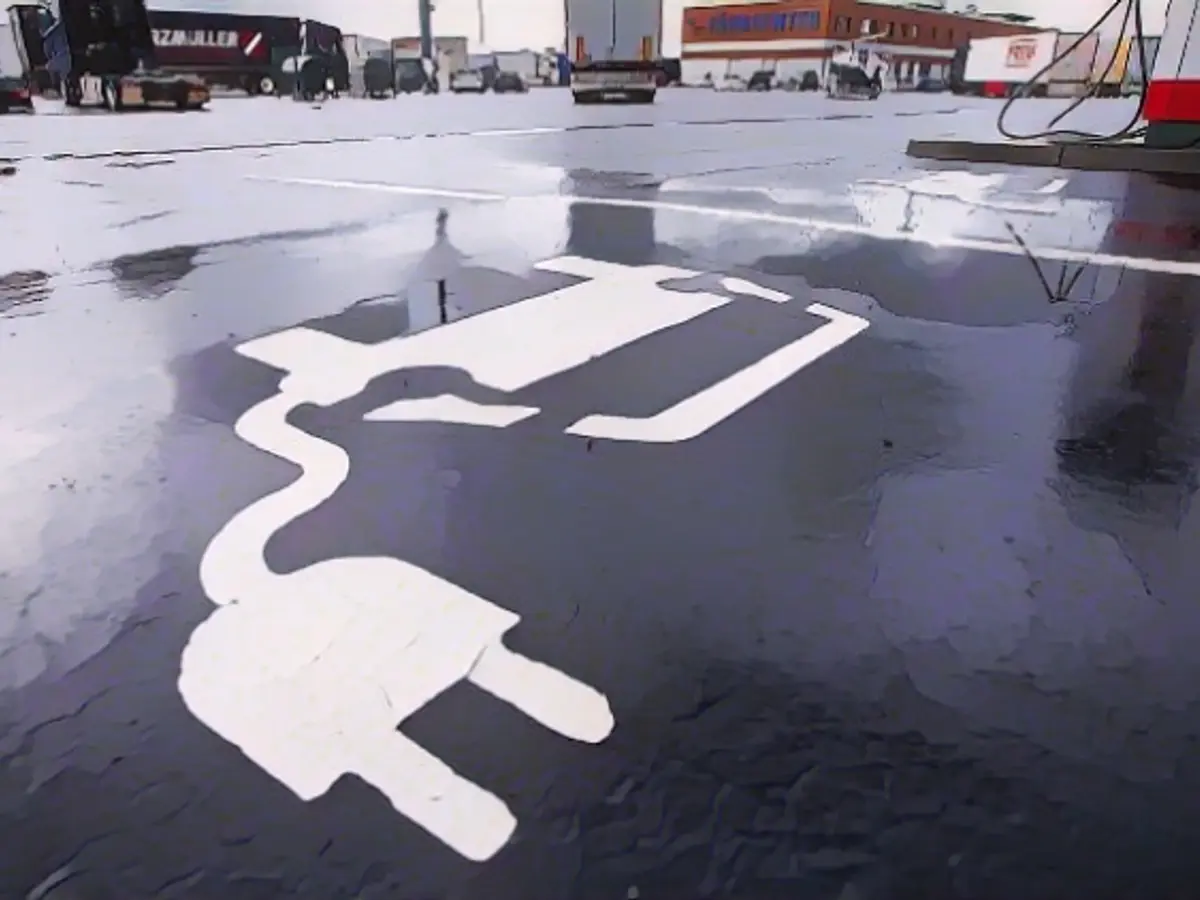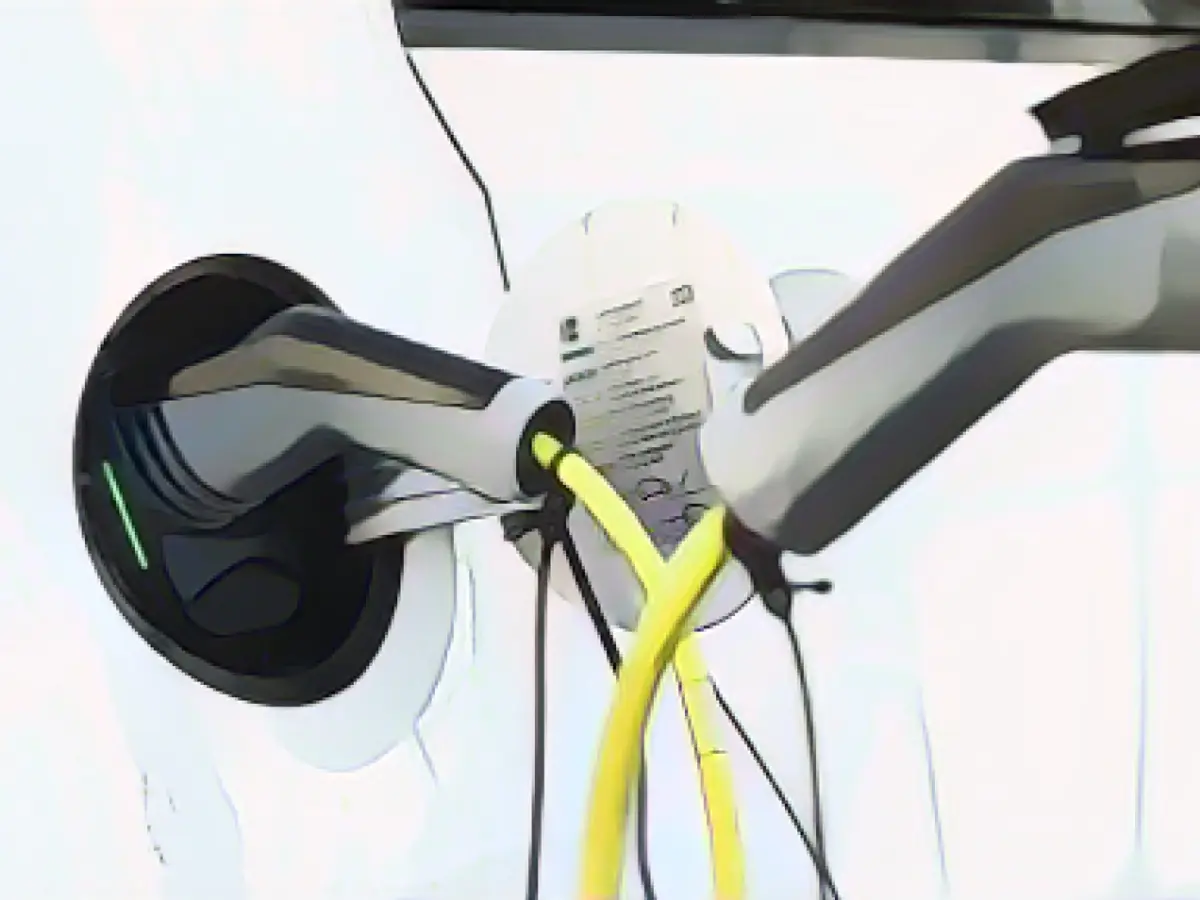Michelin's Plight and Union's Response
Michelin, a renowned tire manufacturer, finds itself in a tight spot as it announces the closure of three plants in Germany, threatening around 1500 jobs. The IG BCE trade union, unfazed, vows to propose innovative concepts to save as many positions as possible. Matthias Hille, the IG BCE district head in Mainz, hinted at presenting alternative productivity-boosting ideas in January. In the meantime, discussions with politicians are ongoing.
However, the union acknowledges that involuntary layoffs can't be completely avoided. Hille expressed hope for accommodating individual employees at Bad Kreuznach but warned that this wouldn't amount to hundreds. The plant itself grapples with a fluctuating order situation. Critically, no clause in Germany's Michelin division excludes downsizing. Hille underscored the responsibility of the Group to follow its proclaimed support for the community with decisive actions. Should they fail to find viable alternatives, a social plan might be required.
Though reluctant to admit it, Michelin conceded that compulsory redundancies can't be ruled out. Maria Röttger, head of Michelin's Northern Europe region, revealed potential internal employment opportunities and transfer agency assistance to support every employee. She remained optimistic, assuring that an opportunity awaits everyone.
A Brutal Blow to the Tire Industry
On the heels of Michelin's decision, plans to close its plants in Karlsruhe and Trier by 2025 will affect 1410 production employees. Michelin also plans to cease truck tire production and semi-finished product creation in Homburg, Saarland. A further 122 roles may be impacted due to the relocation of a customer contact center from Karlsruhe to Poland.
Michelin cited competition from low-cost truck tires made in low-wage countries, overcapacity, and ever-growing production costs as the reasons behind the move. Its retreading of truck tires in Homburg and the car tire plant in Bad Kreuznach will continue, with the group planning to invest 425 million euros.
This unprecedented turbulence in the tire industry has hit hard. In recent times, Goodyear announced ceasing tire production in Fürstenwalde and closing its plant in Fulda, hence impacting around 1800 jobs. Continental had earlier announced the closure of a plant in Aachen in 2020. According to IG BCE, the brave dozen tire plants in Germany now face the threat of losing a third of their existence with Michelin and Goodyear restructuring plans in tow.
Enrichment Insights
The IG BCE trade union can employ various strategies to minimize involuntary downsizing and save jobs at Michelin's closing plants:
- Negotiating with Management: The union can engage in collective bargaining with Michelin management, seeking better severance packages, retraining programs, and possibly job transfers to other Michelin facilities or related industries.
- Job Retention Initiatives: The union can lobby for government support and subsidies to help Michelin maintain operations at the closing plants, with tax incentives, financial assistance for restructuring, or vocational training.
- Worker Training and Placement: The union can help arrange training programs to upskill workers, making them more employable in other industries.
- Alternative Employment Opportunities: The union can collaborate with other tire companies to discover job prospects for the affected workers.
- Community Support: The union can mobilize community backing by organizing public awareness campaigns and lobbying local government officials to provide assistance, ensuring job retention or supporting affected employees.
- Industry-Wide Collaboration: The union can work with other trade unions and associations to address broader issues impacting the tire industry, such as market trends, supply chain disruptions, and regulatory changes.
The implementation of these tactics would impact the future of the tire industry in Germany:
- Workforce Stability: By minimizing involuntary layoffs, maintaining a stable workforce is crucial for continuous production across the sector.
- Skill Retention: Training programs would ensure that valuable skills and knowledge are conserved within the workforce, boosting the survival prospects of affected staff.
- Community Engagement: Union-generated community support could eventually create a more receptive ecosystem for the tire industry, potentially fostering new investments or initiatives.
- Industry Adaptability: By addressing industry challenges, unions can help foster more resilient and adaptable businesses, shoring up the sustainability of the sector.
Yet, the success of these initiatives relies on how successfully negotiations progress and the willingness of management and government institutions to participate. The severe crisis in the tire industry, as recently highlighted by Continental's ContiTech division's restructuring plans involving significant job losses, makes such cooperation essential[2][5].







